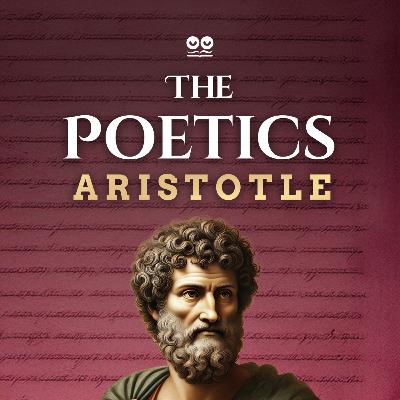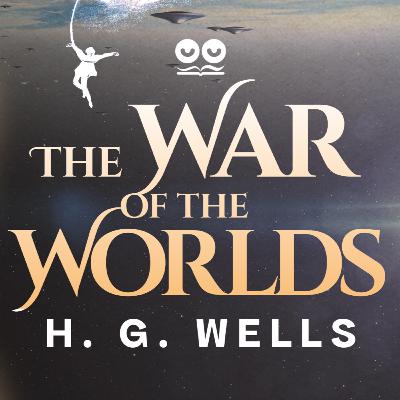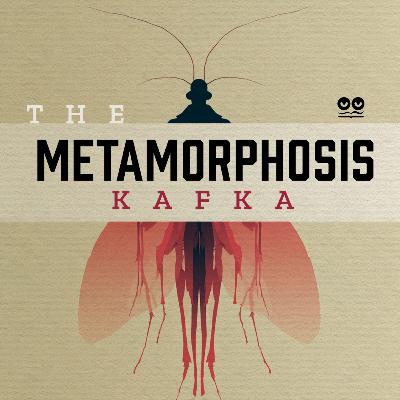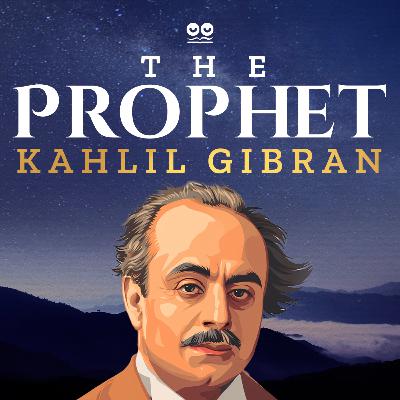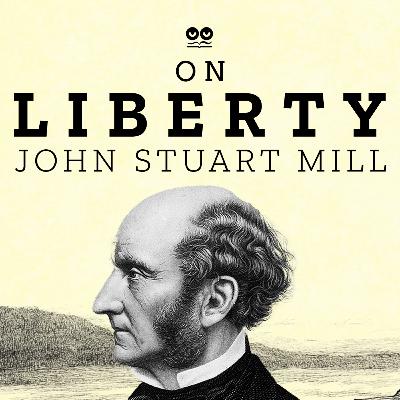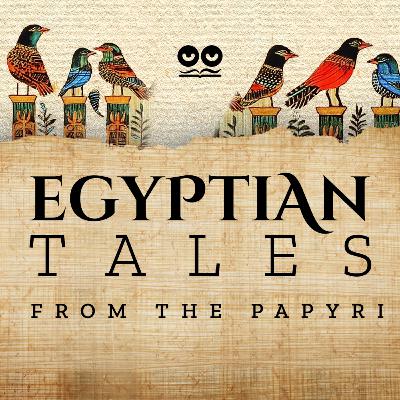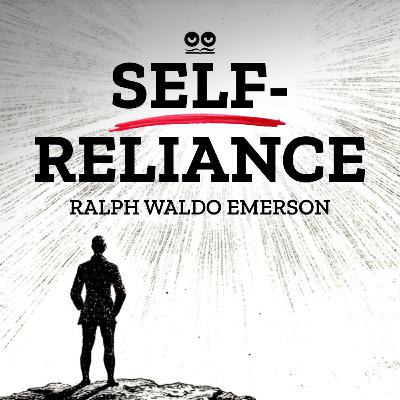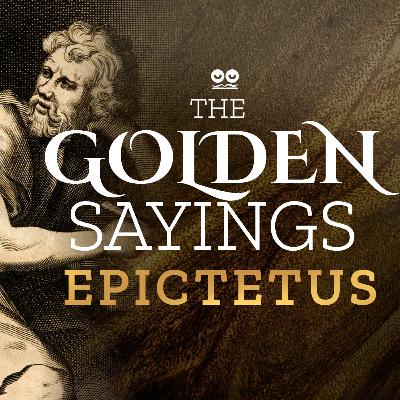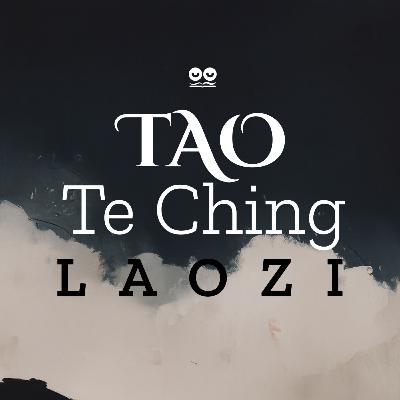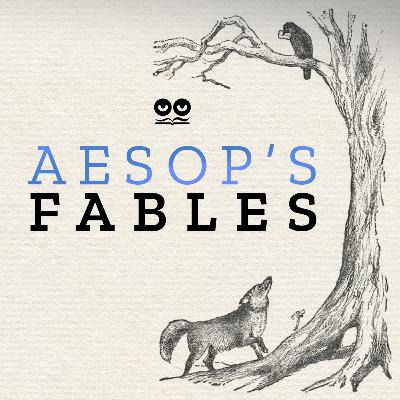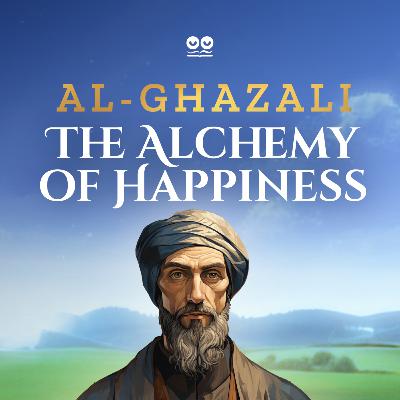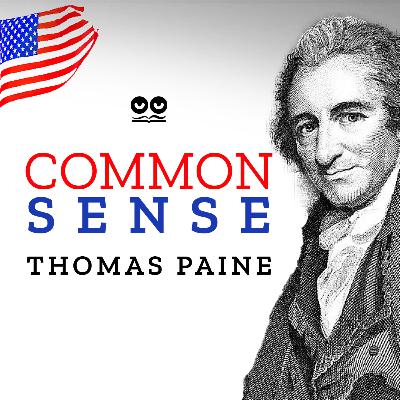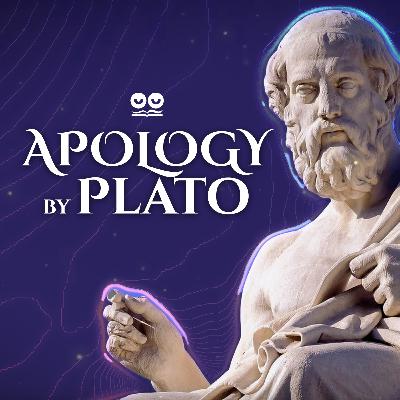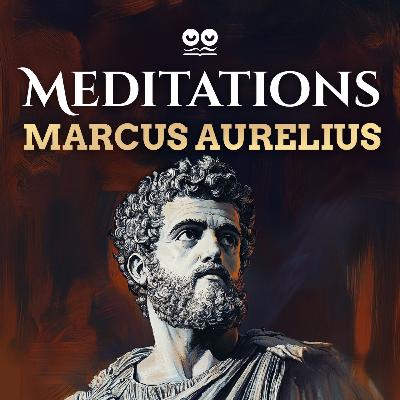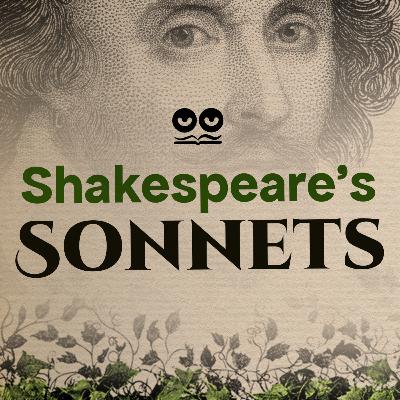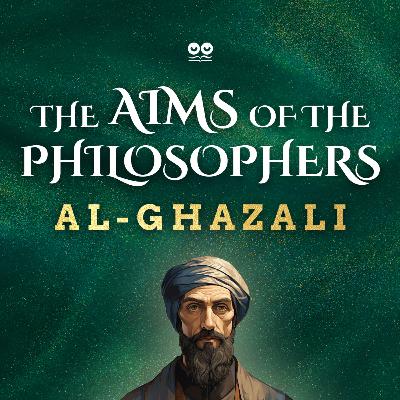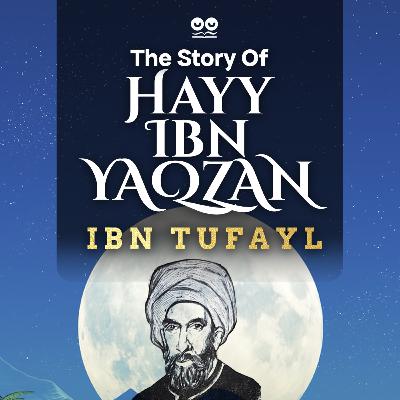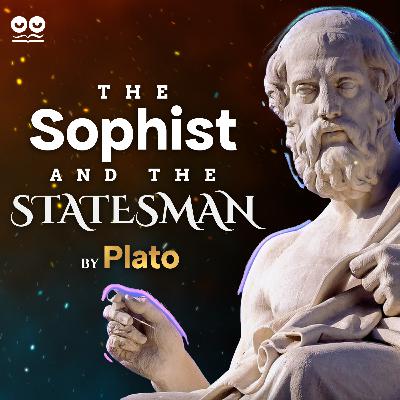The Poetics by Aristotle
Description
🌟📖 Welcome to Chillbooks
Where timeless philosophical and literary works come alive in a serene and immersive setting. Today, we present a NEW EDITION of “The Poetics” by Aristotle, translated by S.H. Butcher and read by Mark Cassidy. This audiobook includes full on-screen subtitles, offering a clear and engaging experience with Aristotle’s foundational work on dramatic theory.
🔖 About “The Poetics”
Aristotle’s “Poetics” is one of the earliest and most influential works on literary theory. Written in the 4th century BCE, it analyzes the principles of tragedy, epic poetry, and dramatic composition. Aristotle discusses concepts such as plot structure, character development, catharsis, and the role of imitation in art, shaping the foundations of Western literary criticism. His insights continue to inform storytelling, theater, and literary studies today.
🌟 About Aristotle
Aristotle (384–322 BCE) was a Greek philosopher and polymath whose works have shaped countless disciplines, including ethics, politics, science, and literary criticism. “The Poetics” remains one of his most influential texts, providing a systematic approach to analyzing literature and its emotional effects on audiences.
🎙️ Narrated by Mark Cassidy
This audiobook is brought to life by Mark Cassidy, whose articulate and expressive narration captures the depth and precision of Aristotle’s literary analysis.
🌄 Subtitled Audiobook for Engaged Learning
This audiobook includes full on-screen subtitles, allowing you to follow Aristotle’s text closely as you listen. The visuals provide a calm and reflective atmosphere, enhancing your understanding of dramatic theory and poetics.
📚 Timestamps
- 00:00 - The Poetics by Aristotle
- 00:11 - Chapter 1: The Nature of Poetry and Imitation
- 03:33 - Chapter 2: The Origins and Development of Poetry
- 05:00 - Chapter 3: The Types of Poetry and Their Differences
- 06:36 - Chapter 4: Tragedy and Its Essential Elements
- 11:43 - Chapter 5: Comedy, Epic, and Other Forms of Poetry
- 13:56 - Chapter 6: Definition and Purpose of Tragedy
- 20:07 - Chapter 7: The Structure of a Tragic Plot
- 22:48 - Chapter 8: Unity in Tragedy: A Single, Complete Action
- 24:22 - Chapter 9: The Role of Probability and Necessity in Plot
- 28:09 - Chapter 10: Complex and Simple Plots: Recognition and Reversal
- 28:57 - Chapter 11: Suffering and Catharsis in Tragedy
- 31:13 - Chapter 12: Quantitative Parts of Tragedy
- 32:31 - Chapter 13: What Makes a Plot Truly Tragic?
- 36:15 - Chapter 14: The Best Kind of Tragic Hero
- 40:50 - Chapter 15: The Role of Character in Tragedy
- 44:08 - Chapter 16: Recognition and Its Types in Drama
- 47:53 - Chapter 17: Constructing a Tragic Plot Effectively
- 51:14 - Chapter 18: The Role of Spectacle and Song in Tragedy
- 55:06 - Chapter 19: Thought and Diction in Poetry
- 57:01 - Chapter 20: Metaphor and the Art of Poetic Language
- 1:00:46 - Chapter 21: Poetic Style and Proper Expression
- 1:05:03 - Chapter 22: Epic Poetry vs. Tragedy: A Comparison
- 1:09:24 - Chapter 23: Unity and Magnitude in Epic Poetry
- 1:11:50 - Chapter 24: Superiority of Tragedy over Epic Poetry
- 1:18:15 - Chapter 25: Criticism of Poetry and Responses to Objections
- 1:27:02 - Chapter 26: The Superiority of Tragedy Over Epic Poetry
📘 Explore with Chillbooks
At Chillbooks, we bring fully subtitled audiobooks of classic works in philosophy, literature, and aesthetics to life, offering a tranquil space for deep reflection. Subscribe to explore more foundational texts in literary criticism and philosophy.
Follow us:
📘 Explore Aristotle’s foundational text on dramatic theory in ‘The Poetics,’ translated by S.H. Butcher and narrated by Mark Cassidy, fully subtitled for an insightful experience at Chillbooks.
</body></html>
